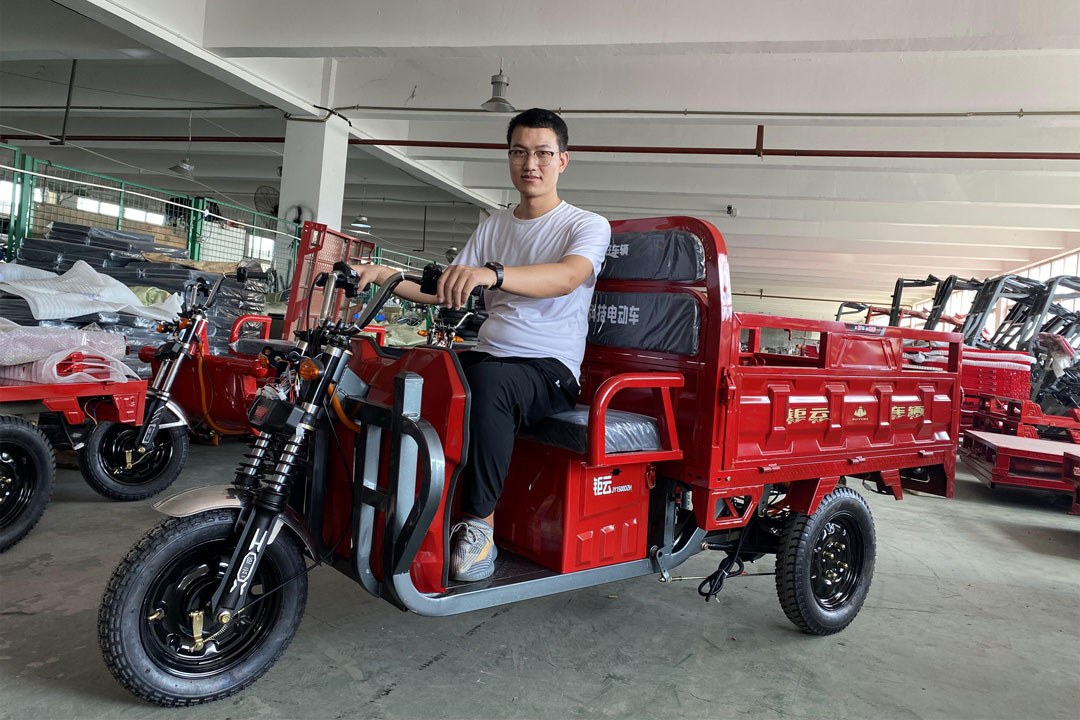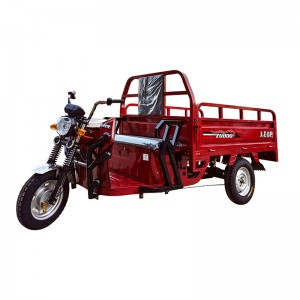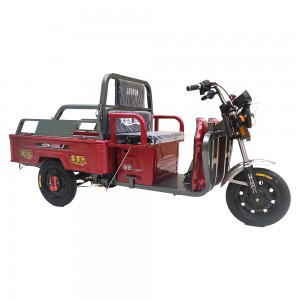With the global enhancement of environmental awareness and rapid technological advancements, electric tricycles are emerging as innovative solutions in urban transportation, leading to a transformation and evolution in the industry. Some low- and middle-income countries worldwide extensively use traditional three-wheelers powered by internal combustion engines. However, many of these internal combustion engine-powered three-wheelers are aging and inefficient, emitting significant amounts of particulate matter (PM) and black carbon (BC), potent short-lived pollutants. The increasing emissions control standards have prompted manufacturers to intensify research and development investment in electric tricycles, positioning them as the future of intra-urban mobility.
Turkey, as a rapidly developing economy, witnesses a gradual increase in demand for electric cargo tricycles in the freight sector. Recent data indicates that the Turkish electric tricycle market has experienced over 50% growth in the past two years, highlighting a strong demand for electric tricycles in the Turkish market and providing significant business opportunities for manufacturers.
In the Turkish market, electric cargo tricycles are referred to as "Elektrikli Üç Tekerlekli Kamyonet" (electric three-wheel trucks), "Sürdürülebilir Taşımacılık" (sustainable transportation), "Yük Taşıma Elektrikli Araçlar" (electric cargo vehicles), among other terms. These keywords have become crucial in the Turkish market, reflecting the unique demand for efficient battery-powered cargo tricycles.
The demand for electric tricycles in the Turkish market is supported and encouraged by various levels of the government. To promote sustainable transport solutions, the Turkish government has implemented a series of policies and plans, including fiscal incentives and tax exemptions, to support the production and sale of electric tricycles. The implementation of these policies makes manufacturers more competitive in the Turkish market and fosters continuous innovation in electric tricycle technology.
In addition to government support, the Turkish market has also attracted international attention. Various environmental initiatives and the United Nations' Sustainable Development Goals have driven the widespread adoption of electric tricycles in the Turkish market. The United Nations Environment Programme has played an active role in advancing electric transportation solutions, providing technical support and resources to Turkey.
However, despite the vast potential for the development of electric tricycles in the Turkish market, the industry still faces some challenges. One of the primary challenges is the continuous drive for technological innovation, particularly in the improvement of battery technology. Manufacturers need to continually enhance the range and charging speed of electric tricycles to meet the Turkish market's demand for efficient energy.
Furthermore, the safety and stability of intelligent systems are crucial challenges that electric tricycle manufacturers need to address. As smart technology increasingly integrates into transportation vehicles, ensuring the robustness of systems is paramount for eliminating potential risks.
Despite these challenges, the future outlook for electric tricycles in the Turkish market remains promising. With the deepening acceptance of sustainable transport concepts and ongoing technological progress, Turkey's electric tricycle market will continue to be a focal point for manufacturers and investors, providing a more environmentally friendly and efficient solution for urban transportation. As the optimal choice in Turkey's freight sector, electric cargo tricycles will shape the future of urban transportation, contributing to Turkey's sustainable development.
- Previous: Explore Effortless Commuting: The Marvel of Folding Carbon Fiber Electric Bikes
- Next: New Challenges for Low-Speed Electric Four-Wheelers in Winter
Post time: Jan-10-2024






